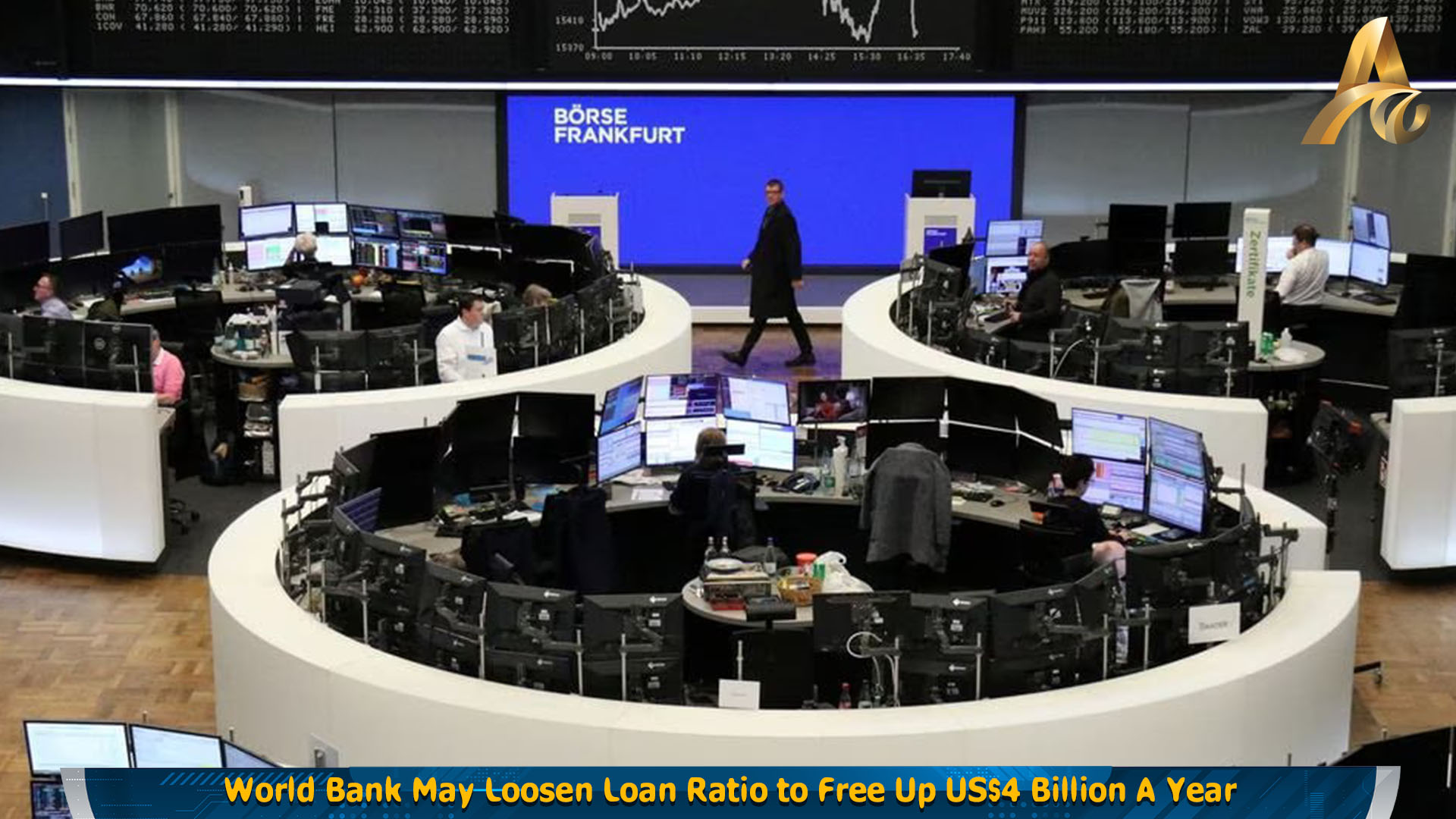WASHINGTON: The World Bank, under pressure to do more to help poor countries grapple with climate change, is considering taking on more risk to free up US$4 billion in additional lending capacity each year, World Bank President David Malpass told Reuters on Thursday (Feb 16).
Malpass said the bank's International Bank for Reconstruction and Development (IBRD) arm may lower its equity-to-lending ratio by one percentage point to 19 per cent.
Lowering the equity-to-lending ratio would free up more resources at a time of mounting global challenges such as the Ukraine war, he said. The board was expected to decide on the issue by the April meetings of the bank and the International Monetary Fund.
The IBRD decided in December to raise its sustainable annual lending limit by US$2 billion, beginning in fiscal 2024, and Malpass said there could be some further expansion. Its lending ceiling for fiscal 2022 was US$37.5 billion.
Malpass announced his resignation from the bank on Wednesday amid mounting pressure from the US Treasury to move faster on reforming the bank. He told Reuters on Thursday in his first interview since announcing his departure that the bank's work on its "evolution roadmap" was far along.
The bank's management has already vetted the 19 per cent proposal with credit ratings agencies, and that was the most likely outcome of the discussions now underway, said a source familiar with the matter.
The World Bank had long argued against changing its capital adequacy rules, worried that doing so would undermine its AAA credit ratings, but two of the three main agencies last year said some changes were possible without tarnishing the ratings.
The bank's board met on Thursday to discuss the proposal and other options, a second source said. "We recognize it could be lowered in a financially sustainable manner," the source said.
The United States, the bank's largest shareholder, had no immediate comment on the proposed ratio change, but has been pushing the bank for months to take bolder and quick steps to free up urgently needed resources.
(Source Reuters)























